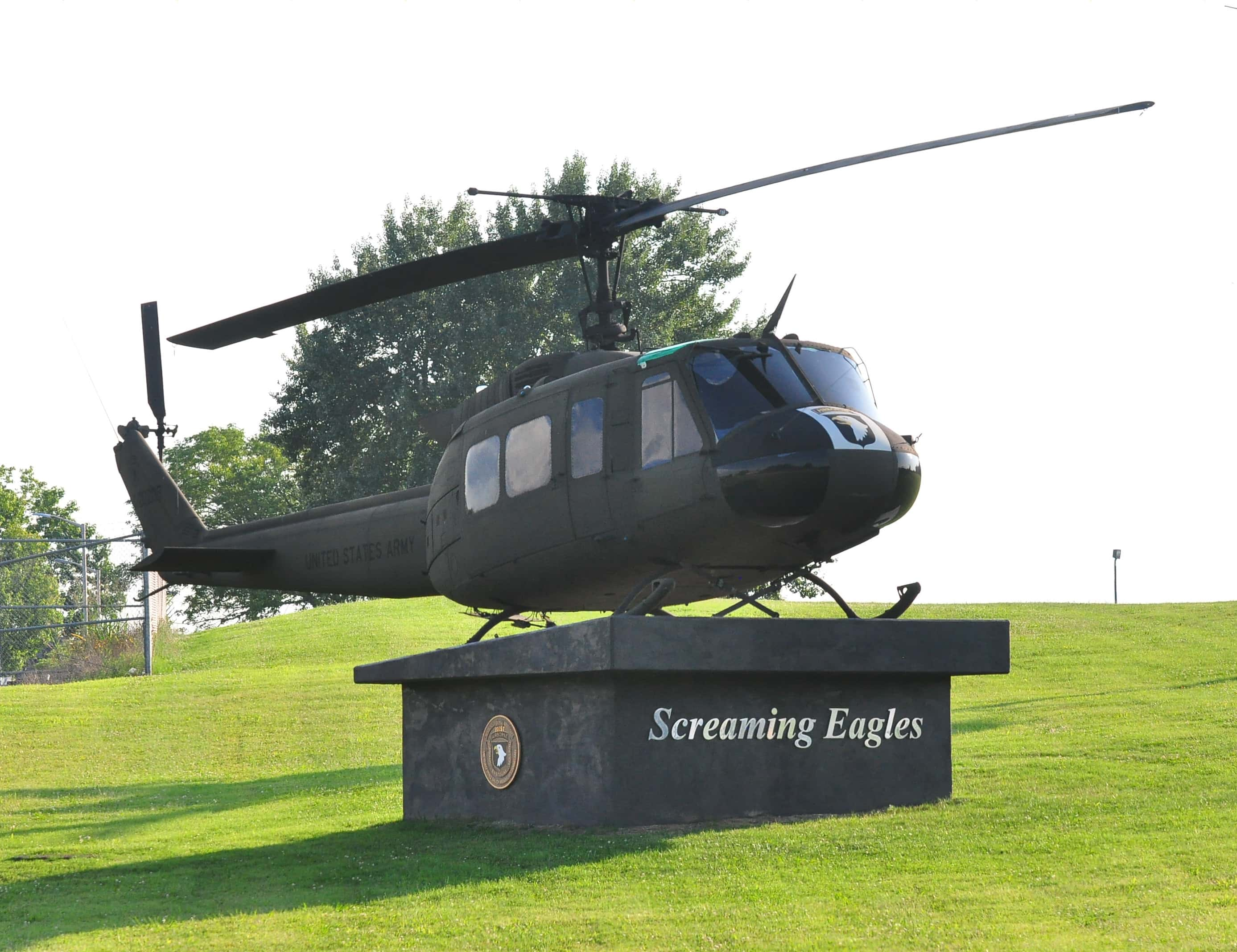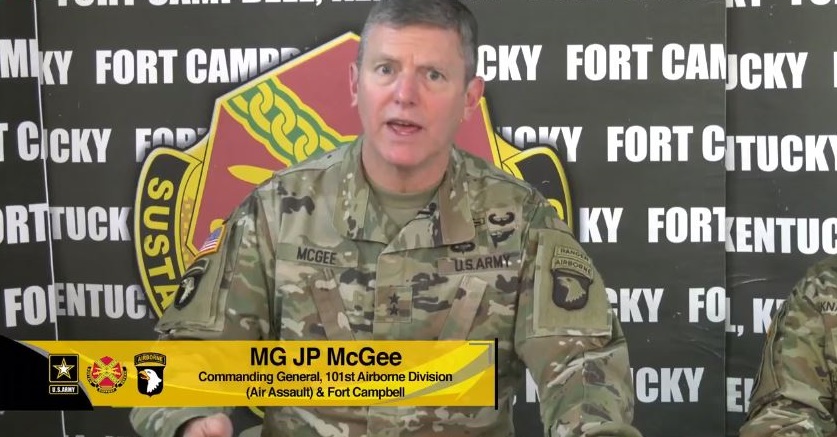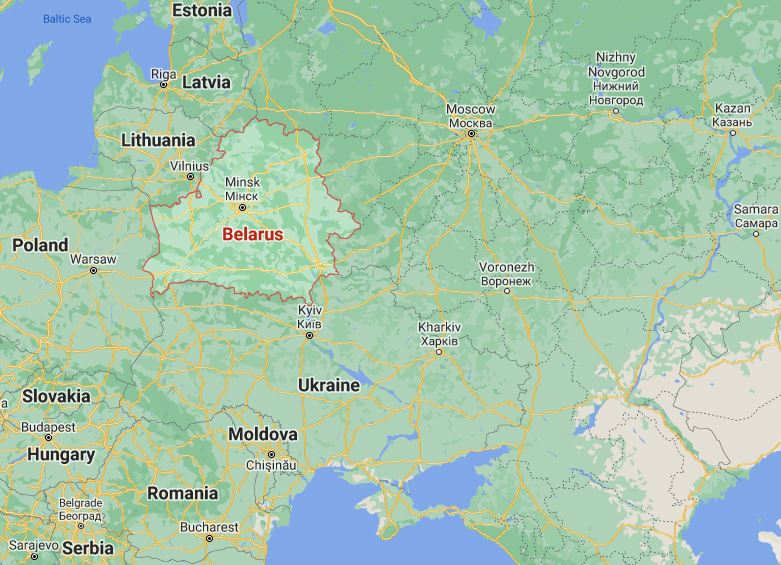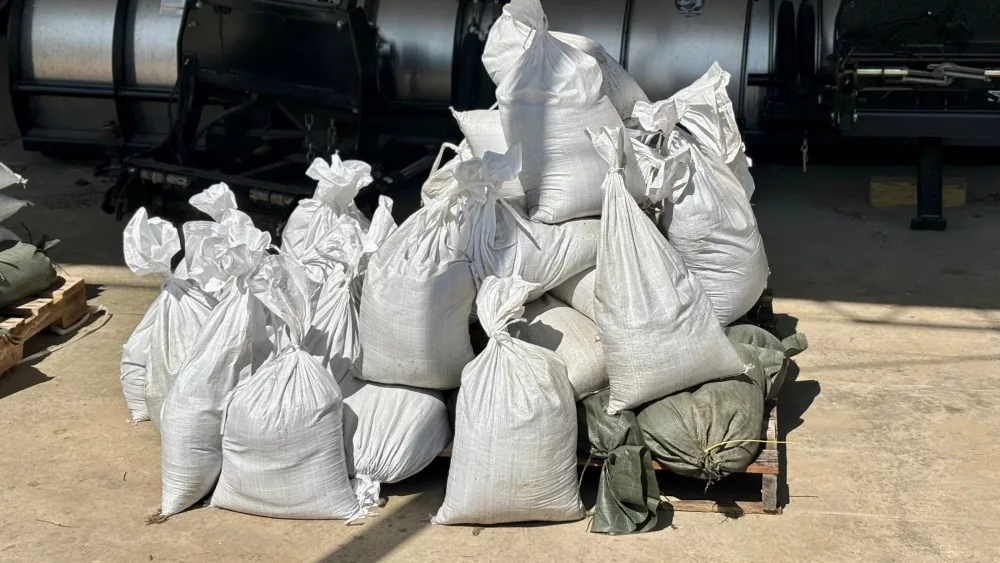
For weeks, elements of the 101st Airborne Division (Air Assault) at Fort Campbell have been observing a heightened sense of preparation and readiness — facing the distinct possibility of being deployed to Europe in support of NATO and its allies against the ever-present tension between Russia and the Ukraine.
That preparation transformed into action Tuesday morning, when Fort Campbell officials notified the public its orders to deploy as part of Joint Task Force “Dragon” alongside members from the 82nd Airborne Division of Fort Bragg — joining nearly 1,700 soldiers from the 18th Airborne Corps also from Fort Bragg, and already present in Poland as of February 2.
This strategic move involves the 8,500 troops Defense Secretary Lloyd Austin put on alert January 24.
During a Tuesday afternoon town hall, Major General J.P. McGee — commanding officer of the 101st Airborne Division — noted that Fort Campbell’s constant readiness means it can be called upon at any time.
While Fort Campbell officials did not announce how many soldiers, or from which units, the deployment would comprise, it is clear a contingency will remain at home at this time. McGee, alongside Garrison Commander Colonel Andrew Jordan, noted a second division training density — termed “Lethal Eagle II” — will be observed From April 22 until May 13, in what will be ultimate preparations for combat scenarios.

Unlike “Lethal Eagle,” which took place last fall, McGee and Jordan added soldiers will be well without cell phones and other contact devices, and that families should begin planning accordingly.
Caitlin Doornbos, reporting for Stars And Stripes, relayed notes from Washington DC indicating that US officials and other members of NATO remain deeply concerned that Russian President Vladimir Putin and leadership surrounding him remain more than interested with military measures against the Ukraine and its borders — similar to the 2014 invasion and eventual annexation of the Crimean Peninsula.
During his special address Tuesday afternoon, US President Joe Biden said he’s remained in constant contact with Putin as recently as this weekend — in hopes of maintaining high levels of diplomacy and de-escalation — but that concerns remain around the presence of nearly 150,000 soldiers at the Ukrainian border and Belarus.
Already, the US has relocated its embassy from Kiyv to Lviv amid these rising tensions, and Biden urged again for Americans remaining in the Ukraine to “leave now,” rather than later.
Biden also stressed that no missiles have been placed in the Ukraine, and that the US doesn’t seek to “attack the people of Russia, destabilize Russia” — and that the citizens of Russia are not American enemies.
However, should Russia choose to begin this invasion, consequences will be enforced.
Poland is one of four NATO allies bordering the Ukraine, alongside Slovakia, Romania and Hungary.



